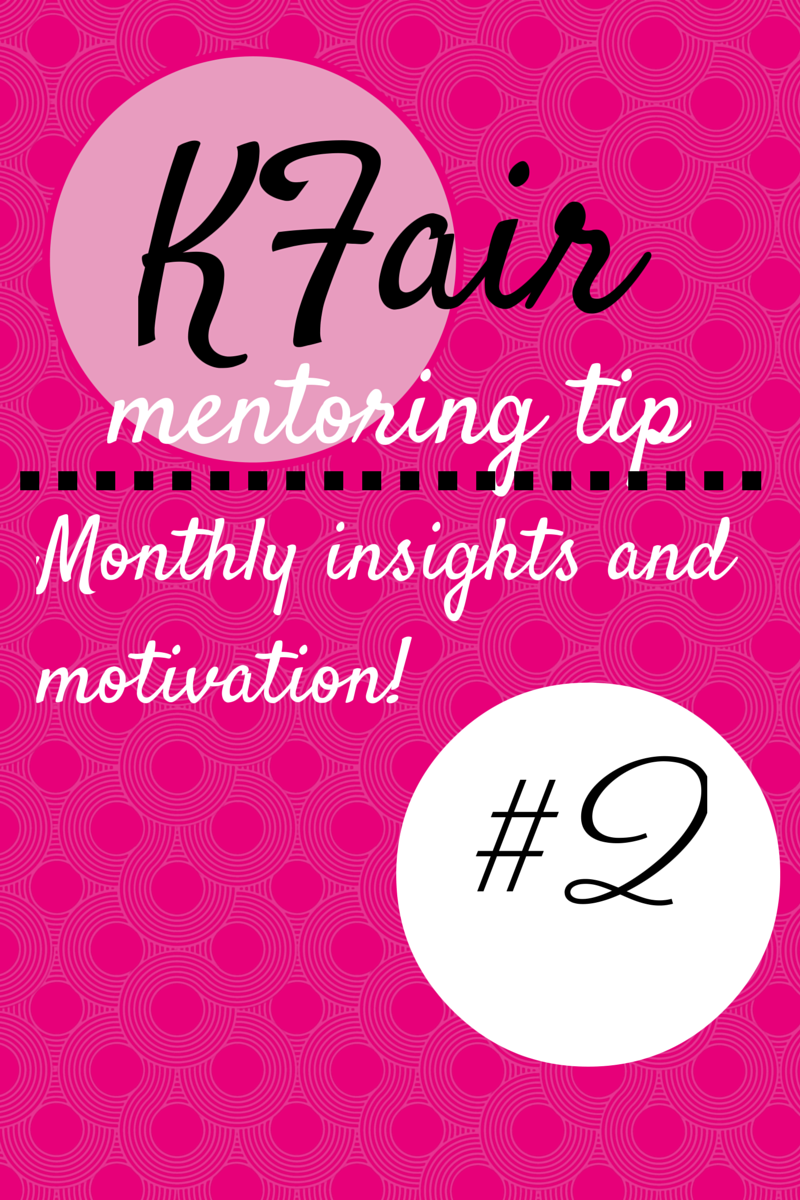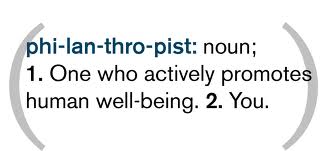For #ThrowbackThursday, we are going all the way back to 2014 when this post was first published! Even 3 years later, this information is still useful to entrepreneurs, non-profit administrators, or anyone else in leadership positions. And it preps us up for #GivingTuesday on November 28!
This is the second KFair Mentoring Tip in a series of monthly insights to provide guidance and encouragement for  mentors and entrepreneurs. November’s theme is giving and showing thanks! For this month’s, KFair Mentoring Tip, we will be sharing Polished Pebble’s way of thanking sponsors and other contributors.
mentors and entrepreneurs. November’s theme is giving and showing thanks! For this month’s, KFair Mentoring Tip, we will be sharing Polished Pebble’s way of thanking sponsors and other contributors.
Organizations and businesses, either for-profit or not-for-profit, all benefit from their generous supporters. Their acts of kindness and support help us maintain our goals and move towards a bright future. So, how do we properly show our gratitude?
Kelly Fair has five steps for an effective and personal appreciation:
- Identify the sponsors, contributors, and all-around do-gooders for your organization
- Measure their contribution and its outcome
- Plan an appropriate strategy for showing thanks
- Personalize the gift, letter, email, blurb, etc.
- Send!
When you try and identify your contributors, don’t only focus on the large funders or corporations. Individuals and smaller community organizations are also deserving of our gratitude! However, the larger corporation can be a little trickier when it comes to acknowledgements. The corporation that opened their office and staff for a tour and workshop will require different recognition than an individual volunteer. The corporation would benefit from, and appreciate more, a public acknowledgement through social media or other venues. The best way to learn how to acknowledge your corporate sponsor is by asking! They might have preferences in logos, branding, or even what they are able to accept. Asking will help you avoid awkward situations.
For example, this week Polished Pebbles partnered with ThoughtWorks Inc. to showcase jobs in technology to our girls. Polished Pebbles then posted pictures to Facebook with a thank you and shout-out, and wrote a blurb in our weekly newsletter.

Personalizing the acknowledgement is the perfect way to be memorable and maintain a positive relationship! On past occasions, Polished Pebbles has sent signed shirts from the program girls to the sponsor, or even an album of photos. These small gestures show that time was taken to appreciate their contribution. This doesn’t mean you have to do-away with the generic letter or email, just spice it up a bit with photos or personal quotes from staff, volunteers, or participants.
Check out these examples for inspiration:
- Signed organization t-shirt
- Signed photo and frame
- Public newsletter or social media blurb with shout-out
- Video with staff, volunteers, or participants showing off donated items or giving thanks
- Invite sponsors, donors, contributors to events
- Public acknowledgement in a speech or publication
- Thank-you party for all volunteers or staff
- Public “Partners” page on your website
- View Polished Pebbles by clicking here…
Don’t forget to show your gratitude this Thanksgiving season!
If you aren’t receiving newsletters from Polished Pebbles, and would like to, email [email protected]!



